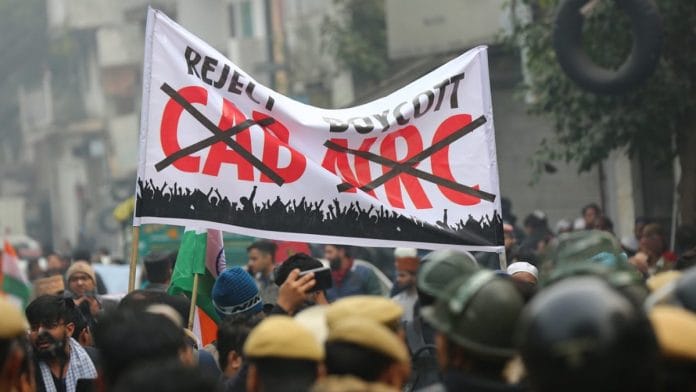New Delhi: Protests against a new citizenship law in India risk making investors wary of doing business in Asia’s third-largest economy.
At least 25 people have been killed in nationwide demonstrations against the new rules enacted into law earlier this month. The law bars undocumented Muslims from three neighboring nations seeking Indian citizenship, while allowing people of other faiths to do so.
“Foreign investors will increasingly begin counting the opportunity costs of a government expending its hard-earned political capital on firefighting protesters rather than pursuing much-needed structural reforms desperately needed to steer India out of its current economic slowdown,” said Pratyush Rao, associate director at security consulting firm Control Risks.
The protests have continued for over two weeks now, disrupting life and businesses in some parts of India. Certain states have resorted to suspending internet services, making it difficult to book cabs through ride-hailing apps such as Uber and Ola and process digital payments. India’s iconic Taj Mahal saw a 36% drop in footfalls in December, the Times of India reported, attributing the decline to protests and other social tensions.
Disruptions to normal life threaten a nascent recovery in the economy, which is expanding at the weakest pace in more than six years.
Since his re-election in May, Prime Minister Narendra Modi “has focused primarily on his social agenda at the expense of economic reform,” said Akhil Bery, South Asia analyst at risk consultancy Eurasia Group. Eurasia downgraded India’s political trajectory to neutral from positive, which means the political scenario will have a negligible impact on the country’s macro business environment rather than the beneficial effect expected earlier.
“The risk of social unrest is now elevated over a longer timeframe,” Bery said.-Bloomberg
Also read: Broken financial system, unreliable statistics — how Indian economy lost its pace in 2019







Repression rather than dissent is the culprit.